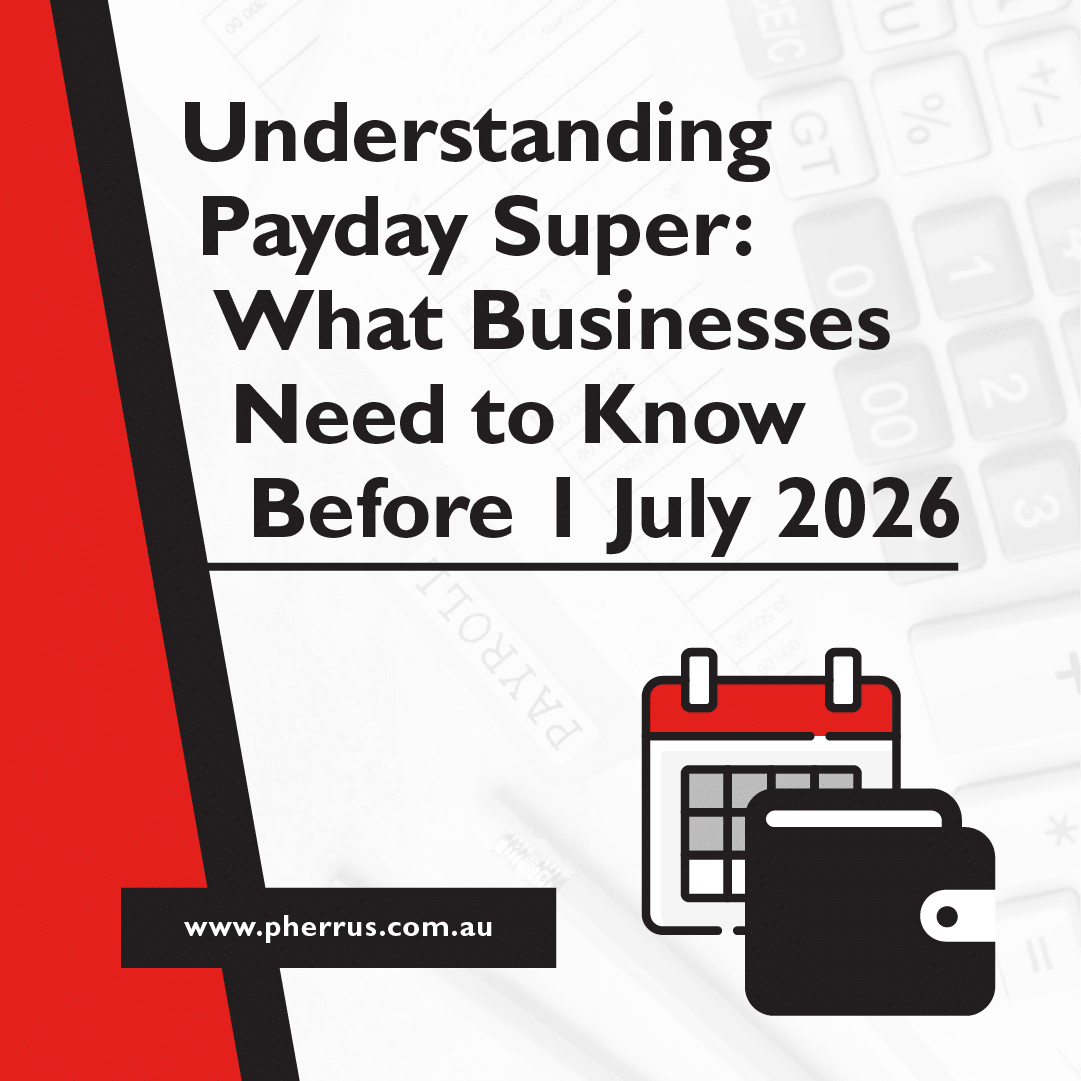When you receive money from selling an asset, the profit you make on that sale is viewed as a capital gain, and you may owe tax on it. If you end up receiving less return on an asset than you paid for it, that is considered a capital loss. The Taxation Office has a unique view of “profit,” and it may decide that you received market value (zero profit or loss) if you give an asset away. Different rules apply to businesses and private individuals; this article only discusses capital gains tax as it applies to small businesses.
What kind of assets are subject to CGT?
There is a broad range of assets that could be subject to the capital gains tax. The most common of these are: shares in a company, land and buildings, and units in a unit trust. Other possible CGT assets include leases, licenses, options, contractual rights, foreign currency, and others. In order to substantiate your claims of capital gains or losses, you must maintain records of what you paid for an asset and how much you received from its sale.
As a small business owner, you can take advantage of four separate rules (or “concessions”) — all of which limit your tax liability on capital gains. These concessions do not apply to depreciating assets.
You are considered to be a small business owner if you are an individual, partnership, company or trust that is carrying on a business and has an aggregated turnover of less than $2 million per year. Here are the CGT concessions that apply to small businesses:
1. The 15-year exemption
This exemption is applicable if you (the small business owner) are 55 years of age or older, and are selling the asset in connection with retiring. The 15-year exemption also applies if you are permanently incapacitated. If either of these categories apply to you, then you are exempt from paying CGT on any asset that you sell after having owned it continuously for more than 15 years. Special rules apply to superannuation funds. Note: An asset must have been active during at least 7.5 years of your ownership of it. If you qualify for this 15-year exemption, you don’t need to look at any other types of CGT exemptions for that particular asset.
Before moving forward with the second CGT concession, you should first decide if you have any capital losses, and you should then see if any of your capital gains qualify for the CGT discount. If you own a business as an individual, partner or trust, you may qualify for that discount. However, the CGT discount is not applicable if you are a company. The CGT discount allows individuals, partners and trusts to reduce their capital gains by 50 percent on profits made from assets that they have owned for at least 12 months.
2. The 50 percent active asset reduction
This concession is similar to the CGT discount above, but it is available to all small businesses, including corporations. This concession should be applied AFTER applying the CGT discount, because if you are eligible for both, you can reduce your remaining CGT by another 50 percent. By proceeding in this order, you would end up paying tax on only the final 25% of a qualified capital gain.
3. The retirement exemption
This exemption allows you to set aside $500,000 of capital gains from taxation during your lifetime. If you decide to apply this to any capital gains, then what you are required to do with those profits depends on your age. If you are under 55, you must put the entire amount you are reserving from taxation into a retirement savings account or superannuation fund.
4. The small business rollover
This concession is applied after all the others above. It allows you to defer paying CGT on all or part of a capital gain for two years or more if you meet either of the following two conditions :
- You spend the money to acquire another asset to replace the one you sold, OR
- You spend the money on capital improvements to an existing asset.
These CGT concessions are important for small businesses to be aware of, and of course this article is only an overview. The Taxation Office regulations contain a good deal of fine print that business owners should review with their accountant; for the investment of just a bit of extra time, the profits saved in paying CGT can be significant.
These are the thoughts and opinions expressed by: Kris Prasad




